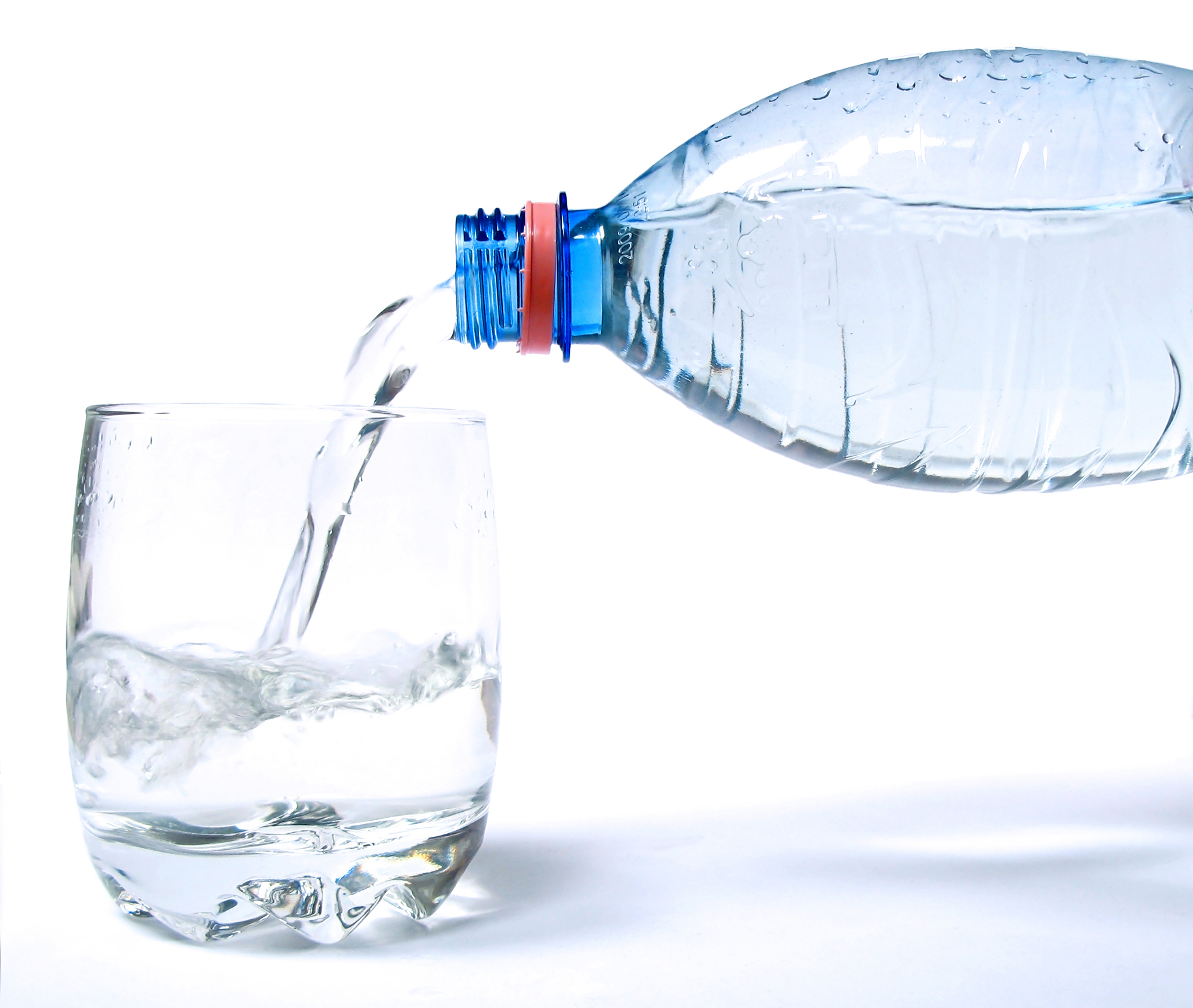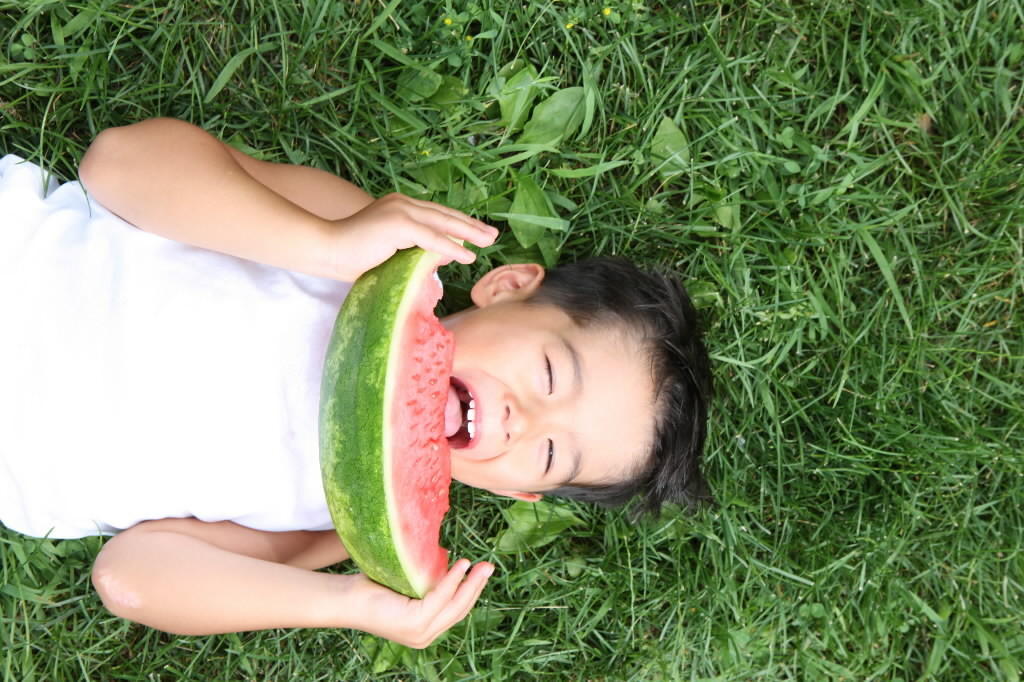The importance of high quality drinking water is vastly understated. Compromising approximately 75 percent of the body, water is found both inside and outside the cells and is the basis of all body fluids including blood, lymph, saliva, digestive juices, urine, and perspiration. Therefore, an unadulterated source of pure drinking water and learning how to optimize hydration is one of the most fundamentally important things one can do for their health.Water’s role in the body
Since water is the regulator of all the body’s functions, it is equated with life. It is the main source of energy transport for every cell in the body, conducting electrical and magnetic energy that supplies the power to live.
Water also facilitates energizing the skin’s many photo-sensitive and energy-sensitive nerve endings that receive and transmit signals, making them more responsive and enhancing the skin’s vitality. It also protects both the skin and mucous membrane barrier functions and acts as an antioxidant by flushing oxidants and other toxins out through the kidneys. In addition, the sinuses drain better when they are well hydrated and their mucous membrane is more resistant to infection.
One must also consider that the brain is made up of 80 percent water. Severe dehydration can lead to the inability to think clearly, and in severe cases, mental derangement.
Conditions and habits related to dehydration
According to Dr. Batmanghelidj, author of Your Body’s Many Cries For Water, most people unknowingly suffer from chronic dehydration. This condition contributes to toxic overload in the body, which can lead to a hyperactive immune system and cause or contribute to a variety of diseases, including:
• Arthritis
• Asthma
• Colitis
• Depression
• Diabetes
• Dyspeptic ulcer
• Duodenitis
• Gastritis
• Heartburn
• Headaches
• High blood pressure
• High Cholesterol
• Low back pain
• Neck pain
• Osteoporosis
• Kidney problems
Instead of water, most people drink alcohol, coffee, non-herbal teas, soda, and other caffeine-containing beverages. These liquids tend to further exacerbate the dehydration, making it much worse.
Recommendations for optimal hydration
According to Dr. Batmanghelidj, the body needs an absolute minimum of 6 to 8 glasses a day. Other sources suggest up to half your body weight in pounds should be consumed in ounces of water on a daily basis. For someone who weighs 160 pounds, that’s 80 ounces (10 glasses) of pure water on a daily basis.
The best time to drink water is first thing in the morning to wake up the digestive system from its dehydrated and contracted state, and 30 minutes before each meal. Water should be avoided during meals so as to not interfere with stomach acid and proper digestion. It should also be consumed around room temperature, save exceptionally hot days where extra cooling of the body may be required.
Since tap water all too often contains a variety of unhealthy contaminants, including microorganisms, heavy metals, chlorine, fluoride, and other impurities it is recommended that this water be filtered to remove these harmful impurities.
Water is available in a wide variety of formats. Some of the most common ways people consume it is through bottled water and filtering units such as reverse osmosis and alkaline water systems. Each of these ways has varying levels of convenience, purity, and minerals, and the benefits and drawbacks should be closely considered with each before choosing.
Source: natural news




